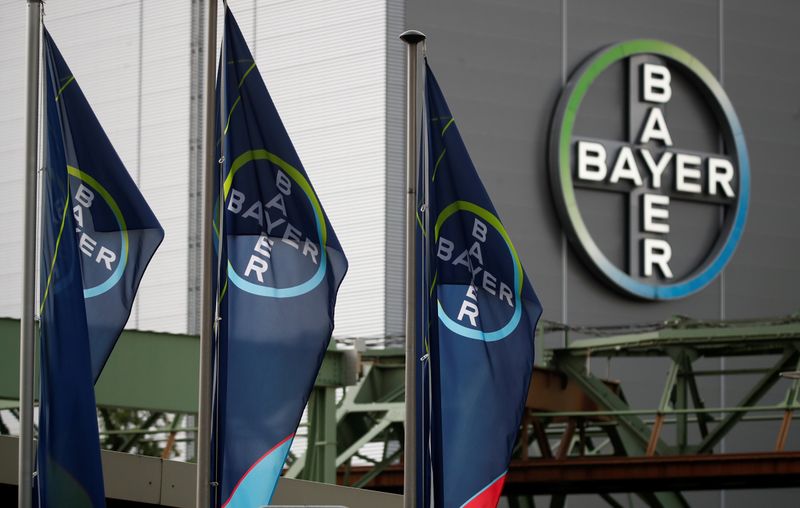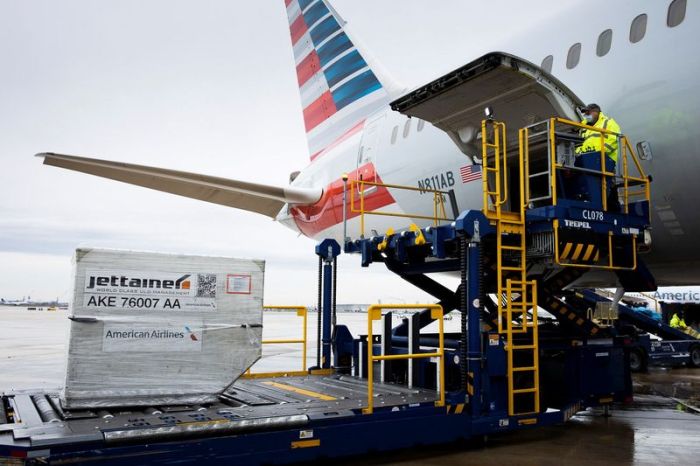FRANKFURT (Reuters) – Bayer AG has struck a deal with Atara Biotherapeutics to jointly work on Atara’s CAR-T cell anti-tumour treatments, as the German group firms up its commitment to build a specialist cell and gene therapy development platform.
The deal to develop experimental mesothelioma treatments comes after Bayer said last week it was setting up a unit within its healthcare division to speed up and support cell and gene therapy development after recent takeovers.
With the agreement, the German drugmaker will get access to Atara’s CAR T-cell therapy for solid tumours, ATA3271, which had shown anti-tumour activity in a pre-clinical study, as well as another treatment called ATA2271.
Bayer said it would make an upfront payment of $60 million to Atara and may also pay up to $610 million upon achievement of certain milestones, as well as tiered royalties up to a low double-digit percentage of net sales.
Bayer is eager to brush up its drug development pipeline after its agriculture business was hit by 9.25 billion euros ($10.8 billion) in impairment charges and following an outline agreement costing more than an $11 billion to settle U.S. claims that its Roundup weed killer causes cancer.
Wolfram Carius, head of its newly formed Cell and Gene Therapy Unit, said the Atara deal demonstrated the German group’s commitment to grow in the area.
“It’s really a defining moment for Bayer Pharmaceuticals”, showing the “clear commitment by the entire company” to advance cell and gene therapy, he said in an interview.
Among previous steps, Bayer acquired cell and gene therapy companies BlueRock Therapeutics and Asklepios Biopharmaceutical in 2019 and 2020 respectively.
So far, the focus of cell therapies in oncology has been on blood-based cancers, where malignant cells do not lump together.
But companies including GlaxoSmithKline and partner Lyell Immunopharma have started to tackle solid tumours that often build barriers of defence.
Bayer’s Carius said researchers were getting a better understanding of how tumours evade an immune system response.
(Reporting by Ludwig Burger in Frankfurt and Shubham Kalia in Bengaluru; Editing by Arun Koyyur, Aditya Soni and Jan Harvey)





















